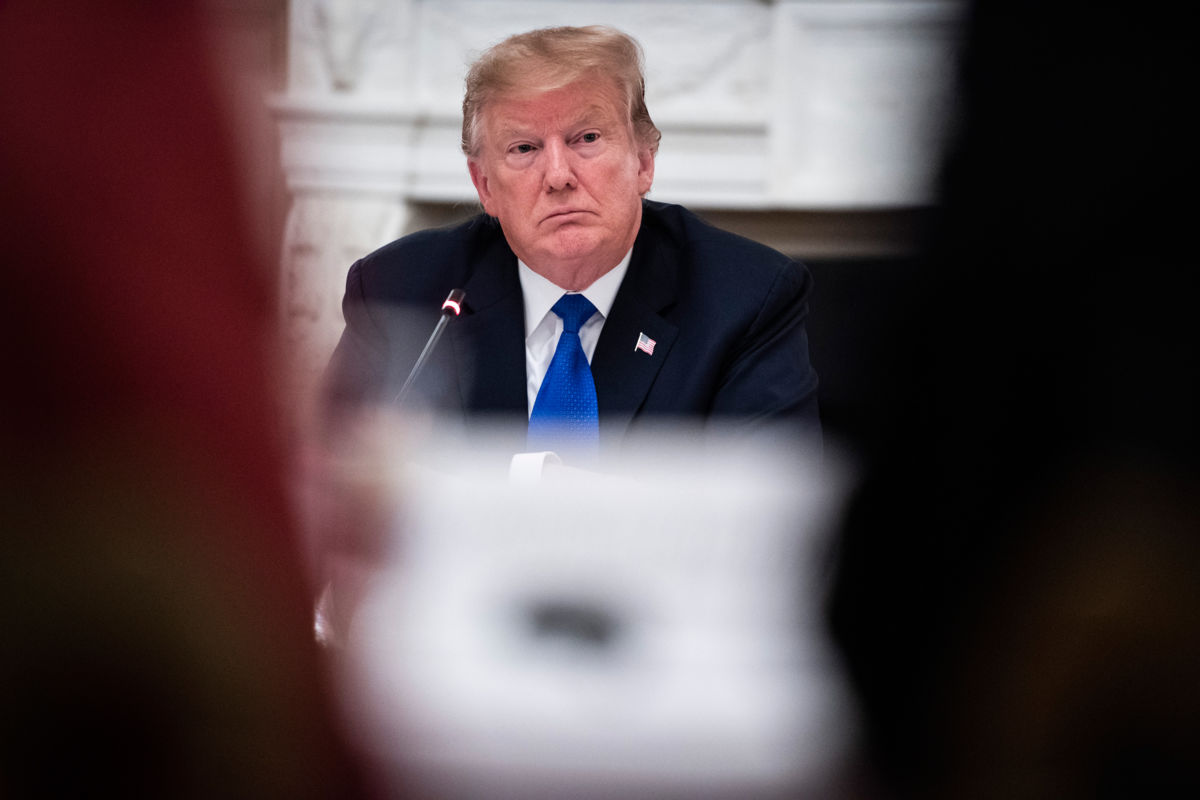Early and often, presidential candidate Donald Trump proclaimed that he was self-funding and that would keep him from being influenced by special interests who “owned” his primary contenders. Early in the 2016 race, this spending claim was mostly true. At the end of 2015, Trump’s campaign had raised approximately $19.4 million. Of that, Trump contributed nearly $13 million. This was much more of his personal wealth than any other presidential contender in the cycle, with Hillary Clinton having contributed just over $368,000 and Jeb Bush about $389,000 by the end of 2015.
Without the $66 million that President Trump contributed to his campaign, and without the Supreme Court’s repeal of the self-funding provision, which would’ve limited him to spending $270,000, it is likely that there would have been no President Trump. The Federal Election Campaign Act as amended in 1974, which would likely have prevented the Trump presidency, only existed for a brief and shining moment it was stripped from the law by the 1976 Buckley v. Valeo landmark campaign finance decision by the Supreme Court.
Why does it matter where the money comes from? Can we agree all politicians represent best those who fund their campaigns and political parties, with larger donations receiving greater political representation? Accepting that politicians represent best those who fund them, it becomes a corollary that self-funding candidates will represent themselves and their cohort.
President Trump is the most self-funding candidate to win federal office to date. Only Ross Perot with his $63.5 million, ($114 million in 1992 adjusted dollars) contributed more of his own money for federal election, with Mitt Romney a distant third at $45 million of his own contributions spread out across two presidential campaigns. It would be hard even for Trump’s supporters to argue that he is not the most self-representing and self-interested president to date. This is entirely predictable. It is not simply his personality that compels this fact set, it is economic incentive.
Self-funding candidates have a lessened economic incentive to represent their constituents and a greater motivation to represent themselves and their cohorts. Why would they not, as they need their constituent’s donations less to be elected?
No matter how personally compelling or altruistic they may seem, self-funded candidates don’t need us, the people.
In 1972, President Richard Nixon signed into law the Federal Election Campaign Act (FECA), which the Senate approved overwhelmingly in 1971.
The law included contribution and spending limits, public financing of presidential campaigns, disclosure provisions, and it created the Federal Election Commission to enforce these rules. The FECA limited contributions from individuals to candidates, parties and political committees. It created spending limits for campaigns and outside groups or individuals. Self-funding limits were established in the Act, which adjusted from 1974 dollars, equate to a $135,000 limit for the House races, $189,000 for Senate races, and $270,000 for the presidential race.
Wealth and fame allow for a long and well-manicured personal story, but there is no mutual dependency, so there can be no certainty of political representation from them. This was true in 1972 and it’s still true today.
This is a most difficult lesson for many partisans on either side. We may hope for our own side’s billionaire-celebrity white knight. We should not need any further living history lesson that they will be their own special interest, not our saviors.
It is no longer hyperbolic to say the threat to our democracy is real, and fundamental change is required in how our politics is funded, as that is the root of political representation and at the core of our current political dysfunction. Americans deserve better than a “continuing resolution” government immobilized by partisan gridlock and competing special interests. Our representatives must not become their own special interests.
It was a Supreme Court decision that created the unlimited self-funding which empowers the wealthy to great political advantage. The only redress is a constitutional amendment. That is the only method for “We the People” to dictate to the court rather than it dictate to us. It will take a political movement to occur, but that movement has already begun.
The undeniable trend of majority decisions on campaign and political party finance by the Supreme Court is greater power and enablement for the wealthy. A beyond-partisan political reform movement is how the U.S. citizen can act to end both this and the corrosive trend in self-representation in political office. The broader problem is not that self-funding candidates strip votes from our choice; it is that they won’t ever represent us well.
Let’s go back in time to 1975 and reinstate limits on self-funding. The wealthy and the famous will always have an advantage in any political system, but shouldn’t they raise their campaign and party funds the same way as everyone else, so that they must represent their constituents for their political future?
Press freedom is under attack
As Trump cracks down on political speech, independent media is increasingly necessary.
Truthout produces reporting you won’t see in the mainstream: journalism from the frontlines of global conflict, interviews with grassroots movement leaders, high-quality legal analysis and more.
Our work is possible thanks to reader support. Help Truthout catalyze change and social justice — make a tax-deductible monthly or one-time donation today.
